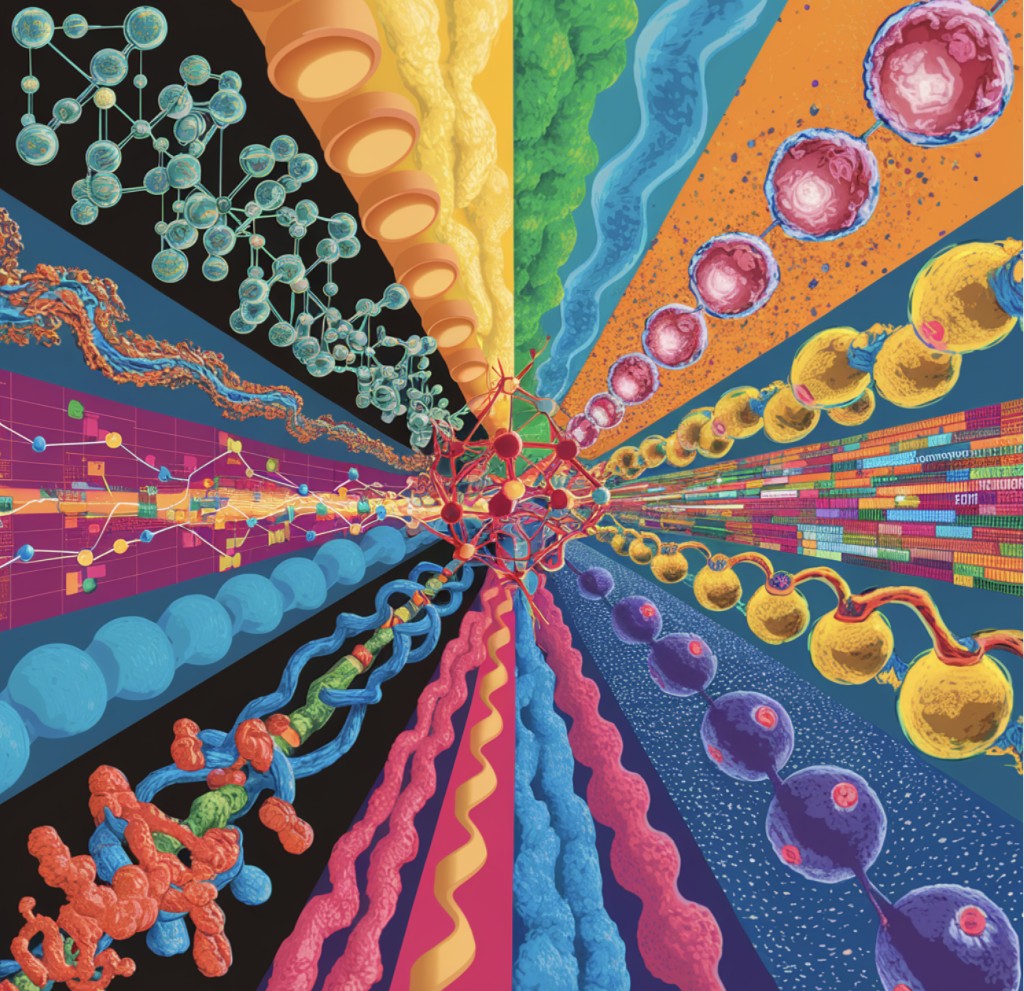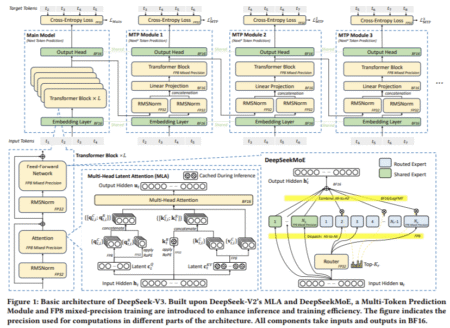AI is a pivotal tool for biotechnology, offering transformative solutions to many challenges. From drug discovery and safety to genomics, proteomics, and pharmacology, AI’s applications span a broad spectrum within the field. The effective utilization of advanced AI solutions is paramount for the continued progress of biotechnology, given its indispensable role in data storage, analysis, and sharing processes. Biotechnology enterprises and healthcare institutions worldwide manage extensive databases, relying on AI-powered systems to expedite processes, minimize errors, and enhance outcomes across various biological endeavors, such as drug manufacturing, chemical analysis, and genetic sequencing.
At the core of AI’s integration into biotechnology lies digital technology, serving as the foundational pillar for its operation. Digitalization marks the initial step toward any AI application, often complemented by integrating additional digital tools like sensors and cyber-physical systems (CPS). This amalgamation facilitates task automation and data collection, thereby streamlining operations and bolstering the efficiency and accuracy of research and development endeavors. Digital transformation, characterized by adopting digital technologies, heralds a paradigm shift in biotechnology, enhancing processes’ speed, precision, and efficacy while fostering innovation and the emergence of better products and services. Leveraging digital transformation accelerates the synergy between AI and biotechnology, harnessing vast datasets and automating tasks to propel research and development efforts toward impactful outcomes.
AI in Agricultural Biotechnology:
In agricultural biotechnology, AI and ML solutions are transforming the sector by enabling the development of autonomous robots for tasks like harvesting crops, which increases efficiency. These technologies utilize computer vision and deep learning algorithms to analyze data captured by drones, facilitating crop and soil health monitoring. ML algorithms also help predict environmental changes, including weather fluctuations, that impact crop yield. Digital transformation, exemplified by initiatives like the “Agricultural Data Space,†enhances sustainability by optimizing nutrient cycles, a crucial aspect of efficient agricultural production. By employing uniform ontologies and cognitive processing of data, AI facilitates the creation of digital twins to provide farmers with real-time information on nutrient balance and potential problem areas. Additionally, AI aids in identifying resistant crop phenotypes, improving resource efficiency, and enhancing resilience to variable climate conditions.
AI in Forest Biotechnology:
In forest biotechnology, AI plays a vital role in predictive modeling, disease and pest management, environmental monitoring, resource management, and inventory management. By analyzing satellite and drone imagery data, AI helps predict tree growth and yield, optimize forest management, and identify areas at risk from diseases and pests. Furthermore, AI assists in monitoring forest health and environmental impacts, optimizing resource usage, and managing forest inventories for sustainable timber production, conservation, and recreation.
AI in Medical Biotechnology:
AI revolutionizes drug development, disease diagnosis, and treatment prediction in medical biotechnology. AI algorithms analyze genomic and protein interaction data to identify therapeutic targets and screen potential drugs for effectiveness. Moreover, AI aids in analyzing medical images for abnormalities and predicting an individual’s health outcomes based on many sources, including electronic health records and wearable devices. Despite challenges such as ethical and legal considerations, AI holds enormous potential to accelerate medical biotechnology advancements.
AI in Animal Biotechnology:
AI contributes to precision livestock farming, life cycle analyses, and animal product tracing in animal biotechnology. By monitoring animal health and environmental conditions, AI enhances production sustainability and welfare while reducing costs and environmental impacts. Complete data tracking from farm to fork ensures consumer safety and awareness while facilitating closed production cycles and reducing greenhouse gas emissions. Additionally, AI supports life cycle analyses to evaluate environmental and health impacts, guiding sustainable agricultural practices.
AI in Bioinformatics:
In bioinformatics, AI integrates multi-omic data for systems biology research and environmental sciences. By leveraging deep learning algorithms, AI enhances the prediction of large datasets and assists in breeding programs for improved crops and targeted microbial product design. Furthermore, AI facilitates sequencing data analysis to understand soil microbial interactions, biodiversity, and ecosystem functioning, which is crucial for sustaining ecosystem health in the face of global change.
Conclusion:
AI encompasses various applications facilitated by digitization and digital transformation. The availability of large, high-quality datasets and increasing computing power are key drivers of AI’s ongoing development. While the future of AI may differ from current predictions, its importance will continue to grow. Unlike previous AI winters, the field now spans diverse domains and enjoys widespread success in everyday applications. The future holds promise for AI ecosystems promoting fairness, open science, and data accessibility, ultimately benefiting humanity worldwide.
Sources:
https://www.sciencedirect.com/science/article/pii/S1871678423000031
https://www.mdpi.com/2076-3417/13/13/7405
The post Transformative Use Cases of Artificial Intelligence AI Across Biotechnology appeared first on MarkTechPost.
Source: Read MoreÂ

